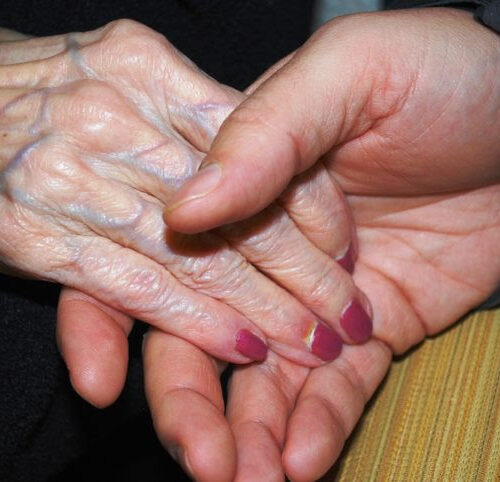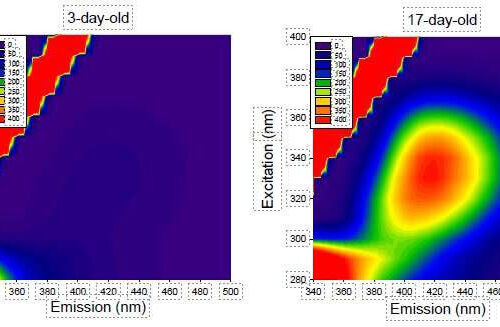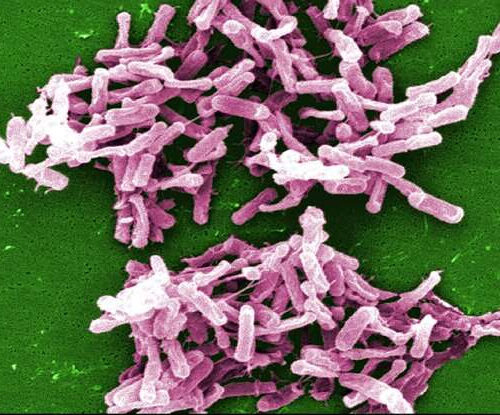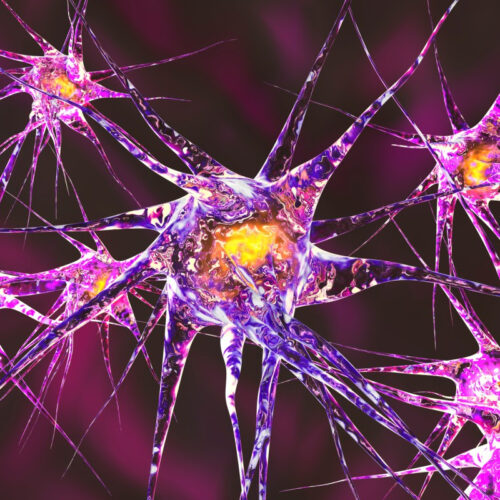Two leading causes of blindness are age and diabetes. Of course, many people are born blind or lose their sight early due to genetic reasons. However, out of those people who are reading this article and will get blind in the future, age and diabetes-related problems will be the ones to blame. Now scientists at...
Category: <span>Anti-aging</span>
Disruption of Elastin in the Aging Skin, and the Little that Can Presently Be Done About It
The flexibility of skin, and other elastic tissue such as blood vessel walls, depends upon the structural arrangement of elastin in the extracellular matrix. Elastin is largely laid down during the developmental period of life, and not much repaired thereafter. Disruption of this structure is progressive over time and is a major contribution to the...
Glucose Metabolism Becomes Insufficient to Meet the Energy Demands of the Aging Hippocampus
Recent research has suggested that the hippocampus, vital to memory function, has evolved to operate at the upper edge of its normal supply of nutrients and energy. Even minor reductions to that supply will produce functional issues in memory, and there are many mechanisms by which aging reduces the supply of nutrients and energy to the brain. Reduced blood...
Easy detection of fluorescence emitted by protein behind aging
by Osaka City University Figure 1: Fluorescence intensity of young and old C. elegans. (Red indicates higher fluorescence intensity.) Credit: Osaka City University Professor Emeritus Yoshikazu Nishikawa of Osaka City University’s Graduate School of Human Life Science, and collaborators, have found that a substance that emits a specific fluorescence in vivo increases with age. The...
Cryptic transcription in mammalian stem cells linked to aging
by Homa Shalchi, Baylor College of Medicine Credit: CC0 Public Domain Although visible signs of aging are usually unmistakable, unraveling what triggers them has been quite a challenge. Researchers at Baylor College of Medicine and collaborating institutions have discovered that a cellular phenomenon called cryptic transcription, which had been previously described and linked to aging in...
Centenarians have a distinct microbiome that may help support longevity
by Allessandra Dicorato, Broad Institute of MIT and Harvard Researchers found that a compound made by intestinal microbes in centenarians strongly inhibits the growth of Clostridium difficile (colorized), which causes severe diarrhea and gut inflammation. Credit: Janice Carr/CDC Centenarians are less susceptible to age-related chronic diseases and more likely to survive infectious diseases. Now, a new study...
Preclinical study finds success in reversing age-related memory loss
By Rich Haridy July 22, 2021 New research is focussing on modifying structures in the brain known as perineuronal nets to mitigate age-related memory declineSpectral/Depositphotos An intriguing new study from researchers in the United Kingdom is proposing an innovative method to treat age-related memory loss. The preclinical research shows memory decline in aging mice can be reversed by manipulating...
Taking on Harmful Cells That Contribute to Age-Related Diseases
A Tufts scientist is testing senolytics to counter senescent cells that promote afflictions like arthritis and Parkinson’s disease It’s not the fountain of youth, but a fast-emerging class of drugs could bring us closer to achieving the age-old quest for longer life, better health, and greater vitality. Image credit: Pixabay (Free Pixabay license) The drugs,...
‘INFLAMMATORY AGING CLOCK’ PREDICTS RISK OF ILLNESS AND FRAILTY
The inflammatory-aging clock is more accurate than the number of candles on your birthday cake in predicting how strong your immune system is, how soon you’ll become frail, or whether you have unseen cardiovascular problems that could become clinical headaches a few years down the road. In the process, the researchers fingered a bloodborne substance whose abundance...
Stem Cell Transplantation to Treat Chronic Inflammation and Frailty
Today’s open access commentary is a good companion piece to a recent paper covering the use of mesenchymal stem cell therapies to suppress age-related chronic inflammation. These first-generation stem cell therapies have proven to be unreliable when it comes to the original goal of regeneration of organ function, but they do reliably reduce excessive inflammation for some months. Transplanted stem...









